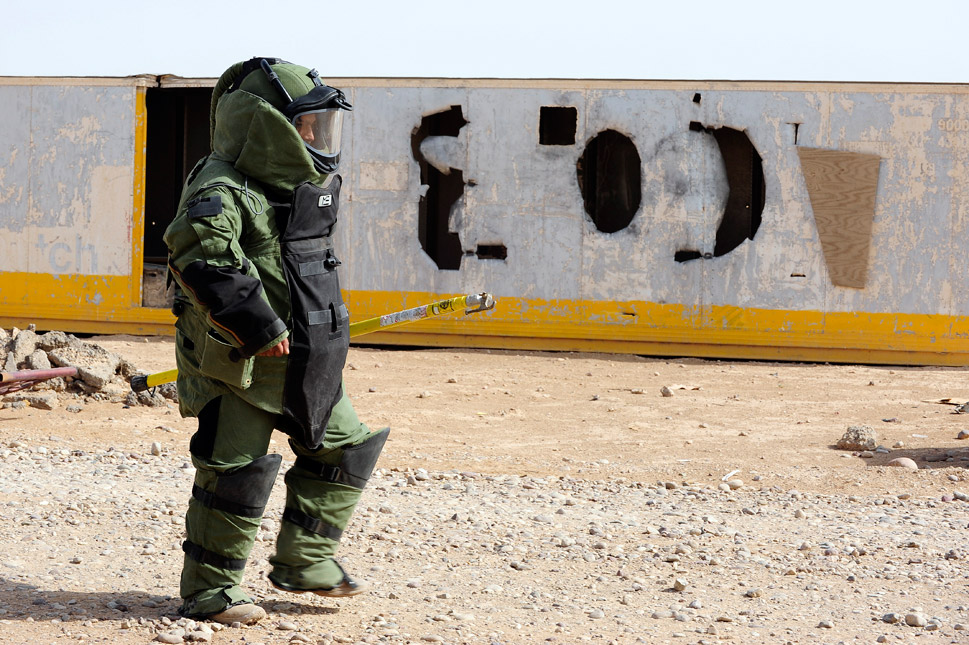Why do life-threatening situations make some people more calm?
.
The heart rates of the best bomb disposal experts actually drop when they’re in the danger zone. Why?
Confidence.
Via The Wisdom of Psychopaths: What Saints, Spies, and Serial Killers Can Teach Us About Success:
Back in the 1980s, Harvard researcher Stanley Rachman found something similar with bomb-disposal operatives. What, Rachman wanted to know, separated the men from the boys in this high-risk, high-wire profession? All bomb-disposal operatives are good. Otherwise they’d be dead. But what did the stars have that the lesser luminaries didn’t? To find out, he took a bunch of experienced bomb-disposal operatives— those with ten years or more in the business— and split them into two groups: those who’d been decorated for their work, and those who hadn’t. Then he compared their heart rates in the field on jobs that demanded particularly high levels of concentration.
What he turned up was astonishing. Whereas the heart rates of all the operatives remained stable, something quite incredible happened with the ones who’d been decorated. Their heart rates actually went down. As soon as they entered the danger zone (or the “launch pad,” as one guy I spoke with put it), they assumed a state of cold, meditative focus: a mezzanine level of consciousness in which they became one with the device they were working on.
Follow-up analysis probed deeper, and revealed the cause of the disparity: confidence. The operatives who’d been decorated scored higher on tests of core self-belief than their non-decorated colleagues.
It was conviction that made them tick.
Join over 255,000 readers. Get a free weekly update via email here.
Related posts:
How To Get People To Like You: 7 Ways From An FBI Behavior Expert
New Neuroscience Reveals 4 Rituals That Will Make You Happy
New Harvard Research Reveals A Fun Way To Be More Successful




